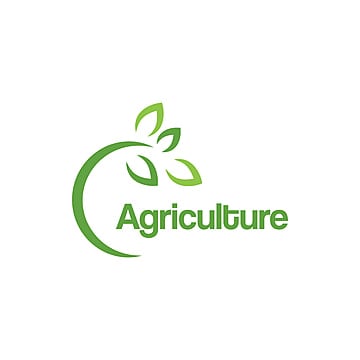Agriculture Career
A career in agriculture provides a wide range of intriguing options and growth routes. Initially, one may work as a farm manager or agricultural technician, acquiring hands-on experience in crop production and livestock management. Furthermore, as technology progresses, jobs in agricultural engineering and precision farming are becoming more prevalent.
Furthermore, responsibilities in agribusiness, such as marketing and sales, are critical in connecting farmers with markets and consumers. Furthermore, research positions in agricultural science enable specialists to develop and improve farming processes. As a result, sustainability has been a major priority, leading to opportunities in environmental management and sustainable agriculture. Furthermore, professions in agronomy and soil science provide chances to improve soil health and agricultural productivity.
Moreover, Transitioning to further education and specialized training can lead to advancement and leadership opportunities. Finally, the agriculture sector offers a wide range of job opportunities for both personal and professional development.
Agriculture Career Opportunities
Numerous employment options are available in agriculture across a variety of fields. For instance, graduates can pursue careers in agribusiness, food production, agricultural engineering, and farm management. Additionally, research and development opportunities related to biotechnology advancements or sustainable farming techniques are available, providing a path for those interested in innovation. Furthermore, common career routes include policy planning, extension services, and government work within agriculture agencies. Moreover, specialized professions such as horticulture, animal husbandry, soil research, and agronomy can be highly fulfilling. Beyond these, opportunities also exist in supply chain management, consulting, and agricultural marketing, expanding the scope of career possibilities. Finally, there are promising opportunities for entrepreneurship in agro-tourism, farm technology start-ups, and organic farming, allowing graduates to explore new and innovative business ventures in agriculture.
- Farm Manager
- Agricultural Engineer
- Agronomist
- Horticulturist
- Soil Scientist
- Animal Husbandry Specialist
- Agricultural Consultant
- Agribusiness Manager
- Food Production Manager
- Research Scientist (Biotechnology, Sustainable Farming)
- Agricultural Extension Officer
- Government Agriculture Officer
- Agricultural Marketing Specialist
- Supply Chain Manager
- Entrepreneur (Organic Farming, Agro-Tourism, Farm Technology)
- Seed Technologist
- Agricultural Economist
- Pest Control Specialist

Agriculture Course Skills
Students enrolled in agriculture courses graduate with a broad range of vital abilities, ready for a field that is dynamic and always changing. First, students gain a thorough understanding of crop production methods that helps them effectively increase agricultural produce. Moreover, they study soil science, which is essential to comprehending sustainable practices and the health of the soil.
Crop and Soil Management: Understanding how to manage and optimize crop growth and soil health is fundamental in agriculture. This involves knowledge of planting techniques, soil testing, and irrigation management.
Sustainable Farming Practices: With increasing focus on environmental sustainability, skills in eco-friendly farming techniques like organic farming, crop rotation, and water conservation are crucial.
Pest and Disease Management: Identifying and managing pests and diseases that affect crops and livestock is key. This includes the use of chemical, biological, and integrated pest management methods.
Animal Husbandry: For those involved in livestock farming, skills in animal care, breeding, and nutrition are essential to ensure animal health and productivity.
Agribusiness Management: Knowledge of the business side of agriculture, including marketing, finance, supply chain management, and entrepreneurship, helps in running successful agricultural enterprises.
Technology in Agriculture: Familiarity with modern farming technologies such as precision farming, GPS-based systems, drones, and farm automation tools is becoming increasingly important.
Data Analysis and Research: Collecting and analyzing data on crop yields, weather patterns, and market trends helps in making informed decisions to improve farm efficiency.
Communication and Leadership: Working effectively with teams, managing labor, and building relationships with suppliers and customers require strong communication and leadership skills.
Environmental and Regulatory Knowledge: Understanding the regulations related to agriculture, including environmental laws and food safety standards, is crucial to ensure compliance and sustainable practices.
These skills are critical for anyone looking to succeed in various sectors of the agriculture industry.


